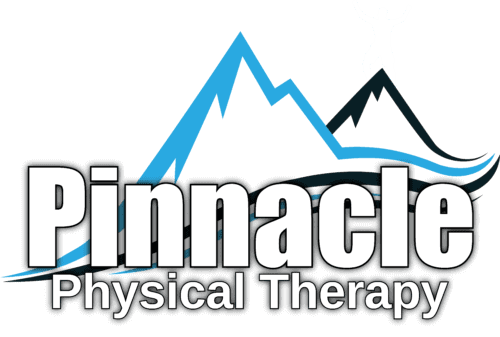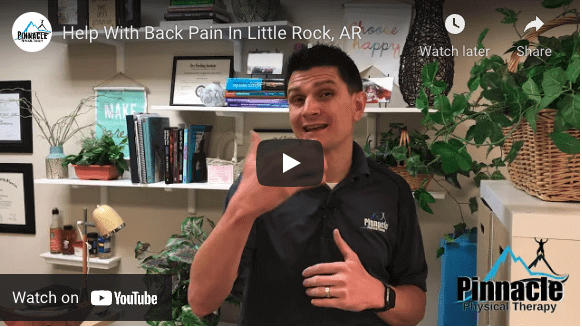When you hear the words frozen shoulder, you may think of the above, but you also know that this is no laughing matter. The condition known as frozen shoulder happens when the capsule of the shoulder becomes scarred and stiff. This can lead to pain in the shoulder with daily activities, limitation in your range of movement, and of course pain.
How does frozen shoulder happen?
The exact cause of frozen shoulder is not well understood. Some debate that there is inflammation that effects the capsule, others think there is an autoimmune response where your body actually start to attack the shoulder region. Some other causes include: post surgery complications, a reaction from pain arising from another condition in your shoulder (bursitis, arthritis, or rotator cuff tear)

Frozen Shoulder Stages
There are 4 stages that define frozen shoulder.
Stage 1 (prefreezing): In this stage you notice that you are having pain in your shoulder that is getting worse. As you move your arm away from your body you may start to realize that your movement is limited.
Stage 2 (freezing): You have now had symptoms for anywhere from 3 to 9 months. You are noticing more pain at night and that the range of movement of your shoulder is really starting to decrease.
Stage 3 (frozen): You have now had symptoms for 9 to 14 months. You notice that the arm is very stiff and range is limited, as this phase progresses the pain is actually getting better.
Stage 4 (thawing): Anywhere from 12-15 months of symptoms, but pain is getting much better and range of movement is coming back.
Frozen shoulder is variable and people can go through these phases quicker or slower.
How is it Diagnosed?

Your physical therapist will perform a thorough evaluation, including an extensive health history, to rule out other diagnoses. Your physical therapist will look for a specific pattern in your decreased range of motion called a “capsular pattern” that is typical with adhesive capsulitis. In addition, your physical therapist will consider other conditions you might have, such as diabetes, thyroid disorders, and autoimmune disorders, that are associated with adhesive capsulitis.
How can physical therapy help frozen shoulder?
As a residency trained clinical specialist in orthopedics, I specialize in evaluating the impairments that a patient has that are limiting them from doing their daily activities or hobbies. Once the evaluation is performed we develop a plan to address those impairments so that you can get back to doing the things you enjoy. Often pain is addressed with various manual therapy techniques, these can include dry needling, taping, soft tissue work, manual joint mobilizations and stretching. I specialize in empowering the patient by giving you homework to do at home. I may only see you 1-2 days a week which is not enough to reach your goals. You have to own the program and really take time to work each day on what I have given you at home with my state of the art home program which uses videos, and an app on your phone.
I have developed a shoulder discomfort E-Book. This book includes education on what you can do to help address your shoulder issues on your own. With the age of the internet and information being at our fingertips, we can play doctor and try to heal ourselves. Not knowing where all of that information is coming from can be scary. I made this book to let you rest assured that it is coming from a highly trained medical professional. Plus, this can help you avoid medications, injections, and often surgery!
Here is the link to the E-Book.
https://docs.google.com/document/d/1dRYdghFIP3pATHV0MhkQ0krrKl-l9RYFv7DLlay9adg/edit?usp=sharing

What to do now?
What I would do now, is use the information you have learned and use it. My E-Book is a great resource. If you are still having issues I will offer you a free phone consultation if you mention that you read this article. I at least can give you further direction as to what I think you need to do. Of course I can perform a thorough assessment with you and lay out a plan of care if you are interested.


